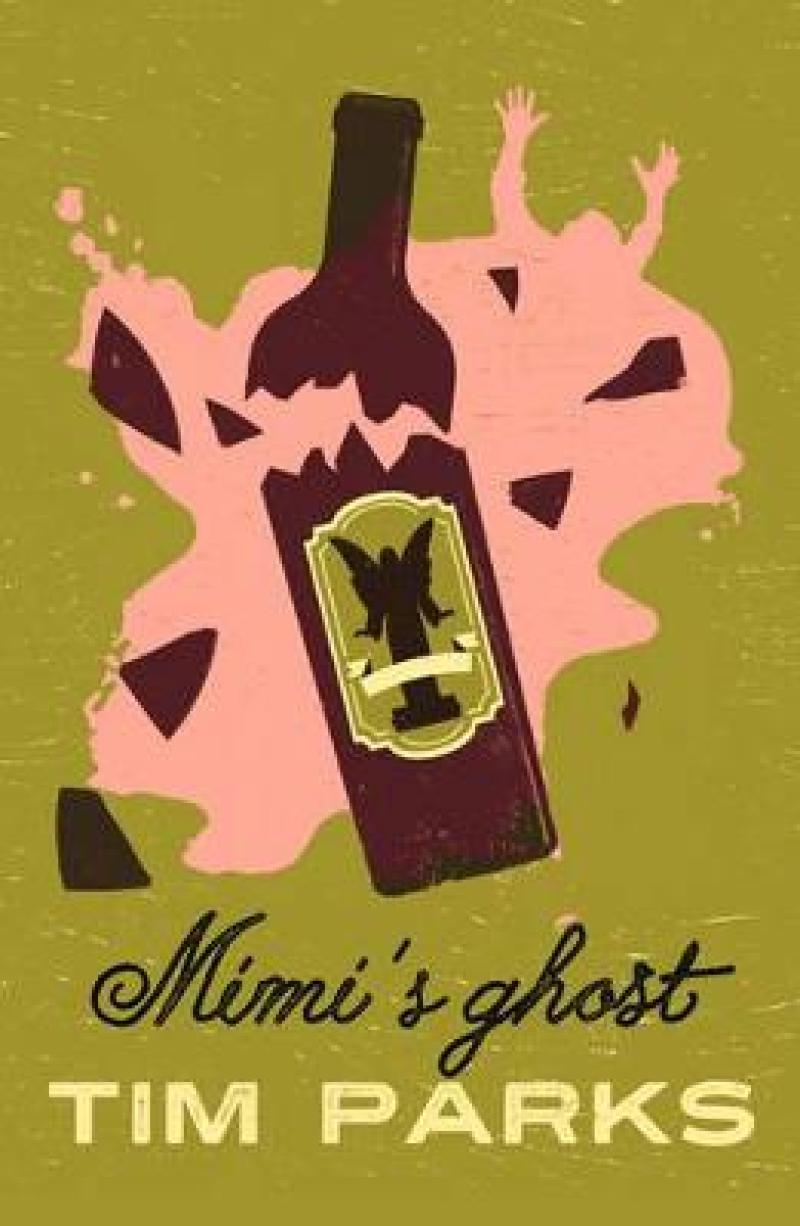A twisted whodunit…hilarious
Financial Times
Parks writes with a brutal, snapping wit
Sunday Times
A triumph of the darkly-comic-thriller-and-something-more-besides genre
Daily Telegraph
Se alle
A sort of twisted whodunnit… The readability of the book comes from Parks’s wonderful and audacious juggling of farcical situations and the way in which Morris’s earnest attempts to build a more cultured and just world lead him further and further into slaughter. Hilarious.
Financial Times
Tarantino meets Peter Mayle
Independent on Sunday
Cara Massimina was a triumph of the darkly-comic-thriller-and-something-more-besides genre. This is an even greater one
Daily Telegraph
Morris can't get over Mimi. But then he should have thought of that before he murdered her and married her sister. Now Mimi's back, as a ghost, and she seems to be suggesting the way to redemption for Morris. He must help the poor immigrants of Verona; but if anybody should get in his charitable way then so much the worse for them...
Les mer
Morris Duckworth can’t get over Mimi.
But maybe he should have thought of that before he murdered her and married her sister.
Now Mimi’s back as a ghost, and she seems to be suggesting the way to redemption for Morris. And if anybody should get in his charitable way, then so much the worse for them.
Les mer
A thrilling comedy, as dark as it is farcical - the horrifying and entertaining tale of an unrepentant bourgeois serial killer, Morris Duckworth, and his adventures in Veronese high society
Produktdetaljer
Utgiver
Vintage Publishing
Biografisk notat
Born in Manchester, Tim Parks grew up in London and studied at Cambridge and Harvard. In 1981 he moved to Italy where he has lived ever since. He is the author of novels, non-fiction and essays, including Europa, Cleaver, A Season with Verona and Teach Us to Sit Still. He has won the Somerset Maugham, Betty Trask and Llewellyn Rhys awards, and been shortlisted for the Booker Prize. He lectures on literary translation in Milan, writes for publications such as the New Yorker and the New York Review of Books, and his many translations from the Italian include works by Moravia, Calvino, Calasso, Tabucchi and Machiavelli.
